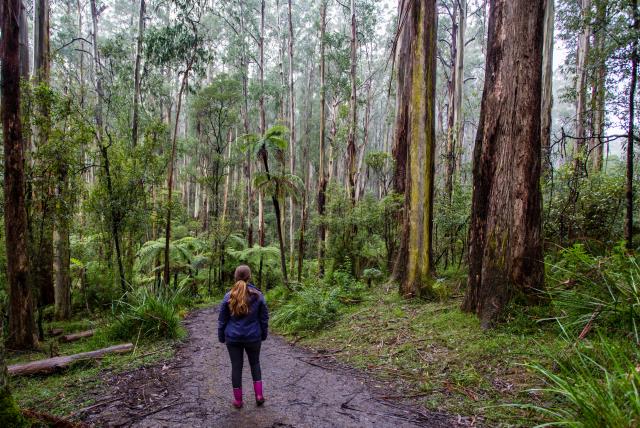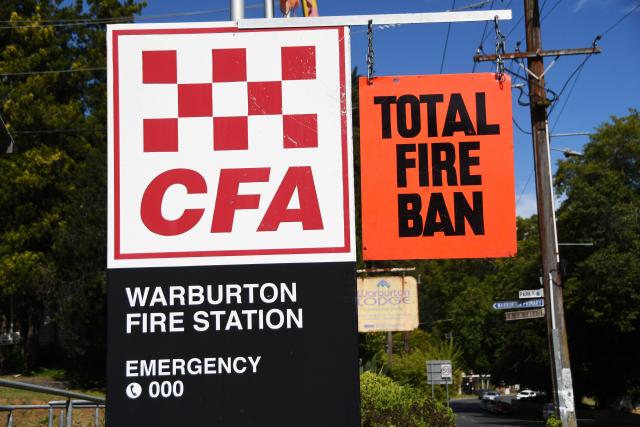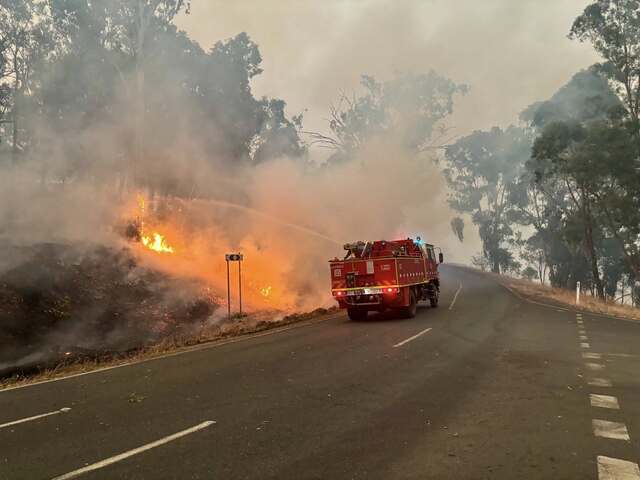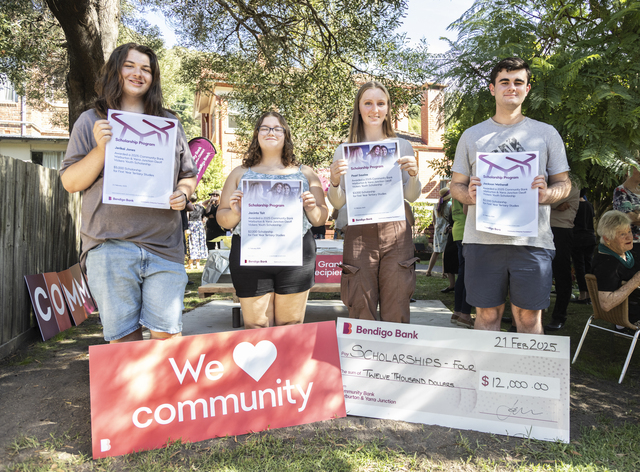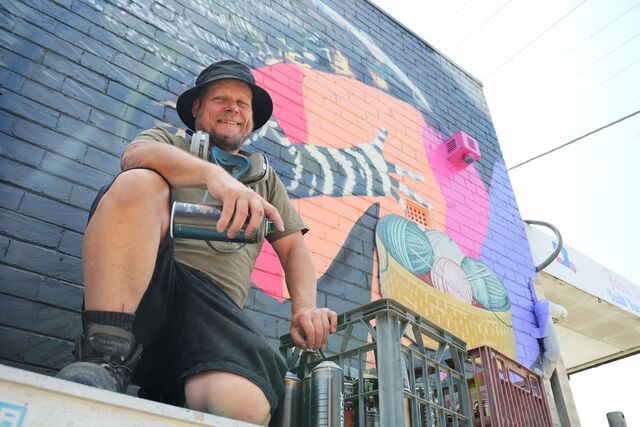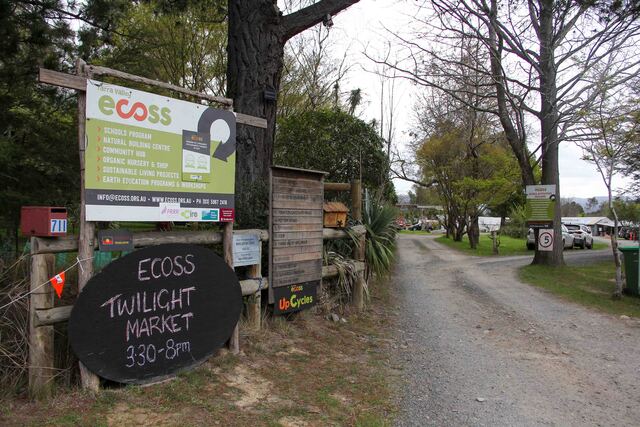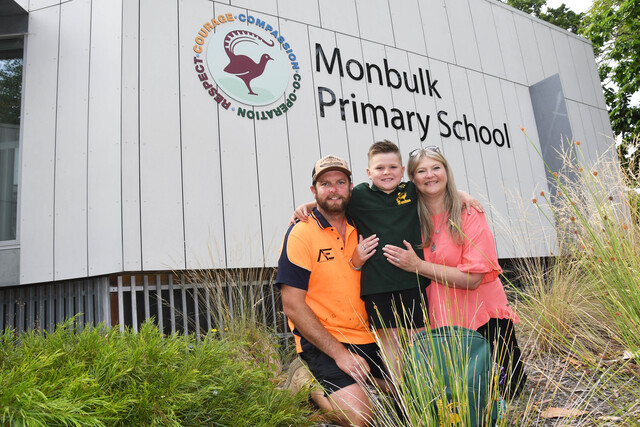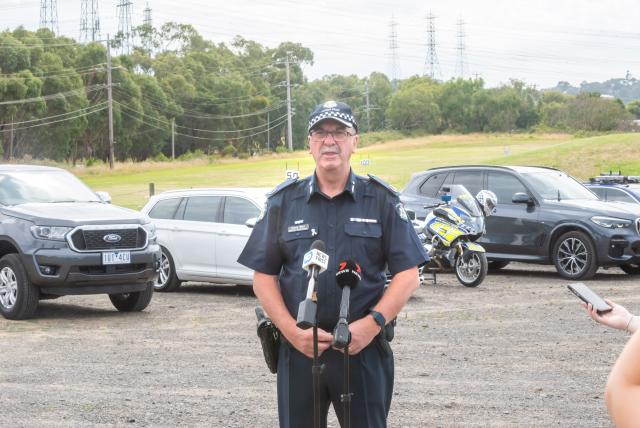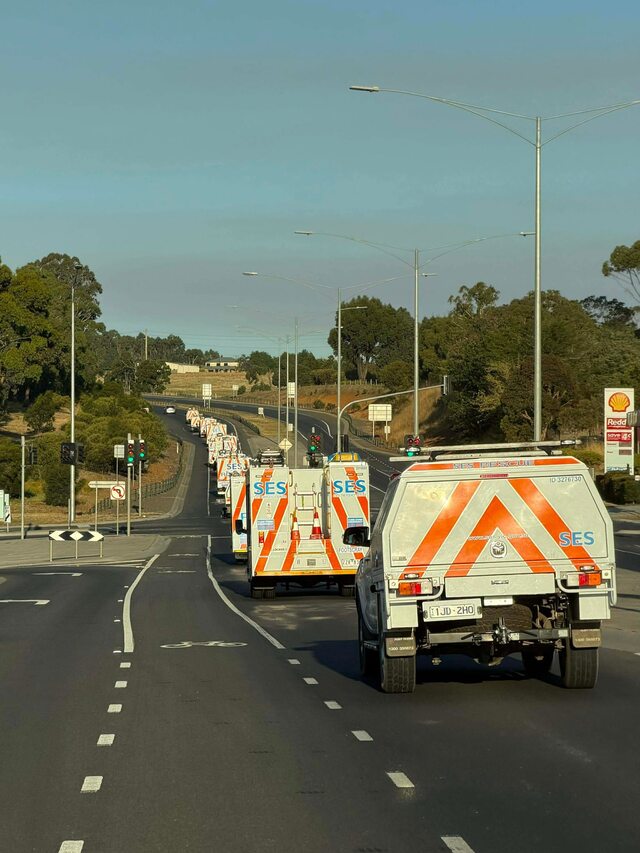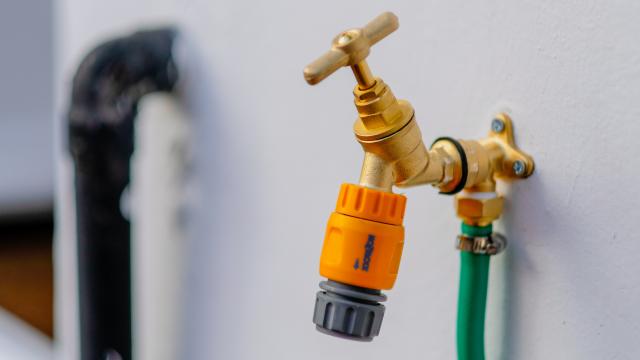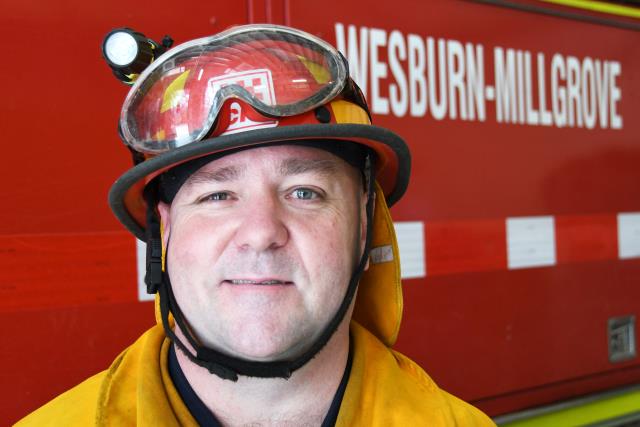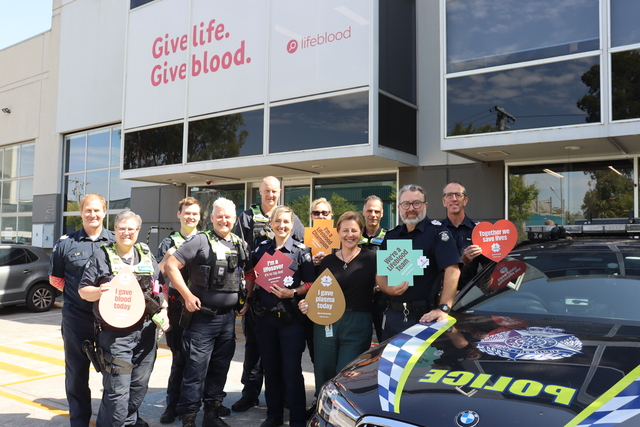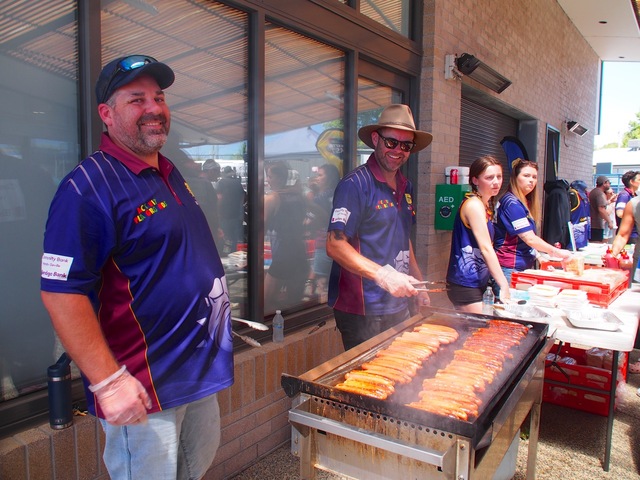Yarra Ranges Council is seeking expressions of interest from community members in the Upper Yarra to be part of some upcoming Innovation Working Groups, as part of the Upper Yarra Local Development Project.
The working groups will further develop ideas into solid business cases, and develop feasibility studies and pilot projects to bring long-term social, environmental and economic benefits to the area.
As a result of earlier community engagement that included more than 100 face-to-face interviews with locals and a number of workshops to refine and assess the viability of the ideas put forward, six topics of focus have been created:
• Eco tourism – multi-day hikes
• Energy resilience and renewable energy
• Repurposing abandoned places
• Improving transport and access
• Animal processing facility (Abattoir) for deer and livestock
• Sustainable and productive land management
A working group will be created for each topic.
In addition to community members, subject matter experts are also encouraged to apply to be a part of the working groups.
The first three working groups listed above will commence meeting in July, while the latter three will commence meeting in September.
At this stage, each working group would hold one, two-hour meeting each month to discuss ideas and opportunities relating to that particular topic.
A terms of reference for the groups can be found at: shaping.yarraranges.vic.gov.au/upper- yarra-local-development-strategy/upper-yarra-local-development-project-innovation-working-groups-eoi.
For more information on the Upper Yarra Development Project or to express your interest in joining an innovation working group, visit https://shaping.yarraranges.vic.gov.au/upper-yarra-local-development-strategy.
This project was created following the 2019 State Government decision to transition away from native timber harvesting, with the Upper Yarra being one of eleven priority communities in Victoria that were identified to benefit from support of a Local Development Strategy.
The Department of Energy, Environment and Climate Action (DEECA) has partnered with RMIT University and are supported by Yarra Ranges Council to deliver this project.

